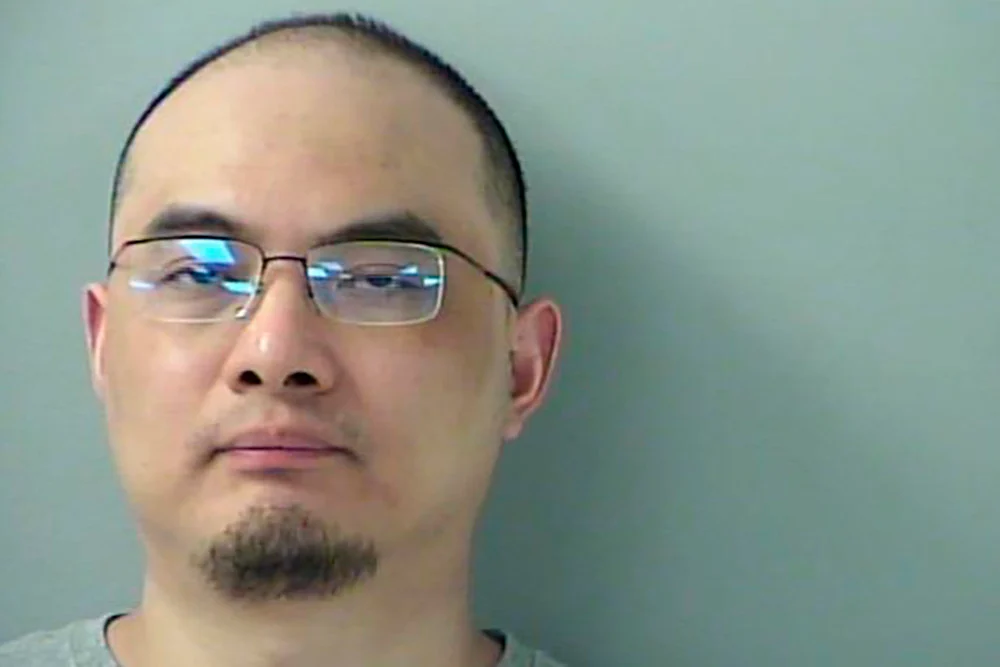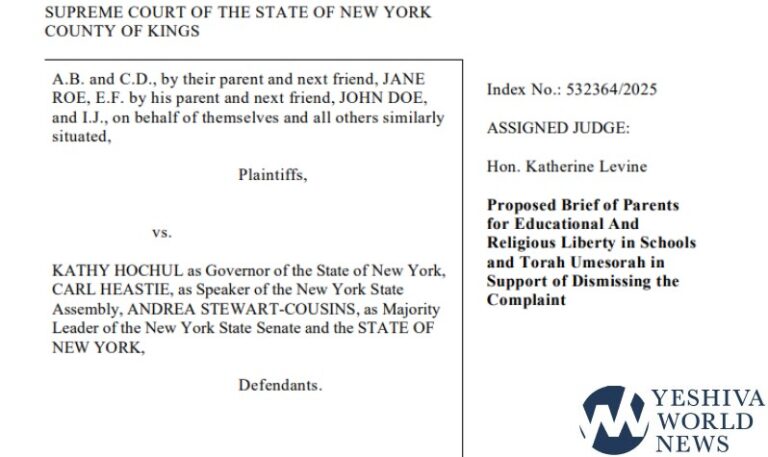A dual U.S.-Chinese citizen and former Southern California engineer has admitted to stealing thousands of sensitive files related to next-generation missile detection technology—an act federal prosecutors say could have endangered American national security and cost taxpayers millions.
Chenguang Gong, 59, of San Jose, pleaded guilty Tuesday to one count of theft of trade secrets in federal court in Los Angeles. Though convicted, Gong remains free on a staggering $1.75 million bond. He faces up to 10 years in prison at his sentencing, scheduled for September 29.
According to the Department of Justice, Gong exploited his short tenure at a Malibu-based defense contractor to siphon more than 3,600 classified and proprietary files onto personal storage devices. Among the materials stolen were blueprints for cutting-edge infrared sensors intended to detect nuclear missile launches and track both ballistic and hypersonic threats in space.
Other files included designs for aircraft-based systems meant to detect and counter heat-seeking missiles—technologies the DOJ said are critical to maintaining the U.S. military’s edge in missile defense and survivability in combat.
“These were not simply engineering documents. These were the building blocks of America’s missile detection and defense strategy,” said a law enforcement source familiar with the case.
The stolen data—flagged in bold text as “export-controlled” and “for official use only”—were classified as among the company’s most sensitive secrets. Prosecutors estimate the intended economic loss exceeds $3.5 million, while the real national security cost could be far greater.
Gong was hired in January 2023 as a senior design manager for the company’s infrared sensor systems. Just weeks later, beginning March 30, he began transferring the files to personal devices. He continued to do so until his dismissal on April 26—by which time he had already accepted a job offer from one of the company’s competitors.
Even more alarming, FBI agents who executed a search warrant on Gong’s Thousand Oaks residence in May 2023 found some stolen files—but not the two hard drives used to exfiltrate the data. The location of those drives remains unknown, and Gong has repeatedly denied knowing their whereabouts.
“The theft of these files represents a direct threat to American military superiority,” said one national security official. “And the missing drives pose an ongoing risk.”
Court filings further allege Gong maintained longstanding ties to the Chinese government through its notorious “Talent Programs”—initiatives aimed at recruiting foreign experts to acquire sensitive technologies. While employed at various American firms between 2014 and 2022, Gong reportedly submitted multiple proposals to Chinese state-affiliated institutions seeking funding and collaboration, including for military-grade night vision systems and analog-to-digital converters similar to those made by his employers.
In one telling 2019 email, translated from Chinese, Gong admitted he had “taken a risk” by traveling to China for Talent Program meetings while working at a U.S. defense firm. He added that he believed he could “do something” to support China’s high-end military integrated circuits sector.
Gong became a naturalized U.S. citizen in 2011 after earning degrees from Clemson University and completing PhD coursework at Stanford. His professional resume included stints at major defense and tech firms, placing him in direct contact with sensitive defense technology.
Despite the severity of the case, Gong’s release on bond has drawn criticism. “We are talking about the systematic theft of national security secrets,” said one congressional aide. “Why is this man walking free?”
The Department of Justice has increasingly warned of the People’s Republic of China’s aggressive efforts to steal intellectual property and military technology from the United States, and Gong’s case is being viewed as a textbook example of how deeply that threat can infiltrate even short-term employment.
The case is being prosecuted by the U.S. Attorney’s National Security and International Narcotics Unit. The whereabouts of the stolen hard drives—and the full extent of the potential damage—remain under investigation.
(YWN World Headquarters – NYC)












One Response
What, and we don’t have agents stealing their secrets?